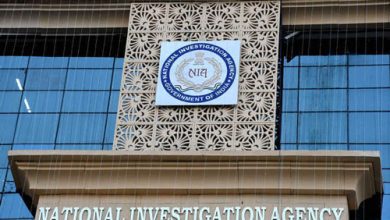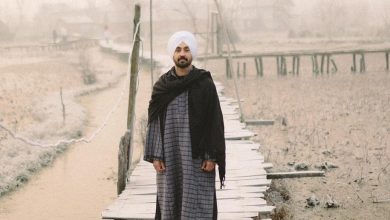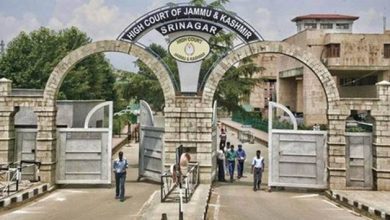Illusion of progress: PhD scholar’s plight exposes grim reality in IIOJK
 Srinagar: In Indian illegally occupied Jammu and Kashmir (IIOJK), the stark reality faced by the educated youth stands in sharp contrast to the BJP-led Indian government’s narrative of development and normalcy in the territory.
Srinagar: In Indian illegally occupied Jammu and Kashmir (IIOJK), the stark reality faced by the educated youth stands in sharp contrast to the BJP-led Indian government’s narrative of development and normalcy in the territory.
According to Kashmir Media Service, the viral story of Junaid Afzal, a PhD scholar now forced to sell dry fruits in Srinagar to make ends meet, has touched the hearts of many, revealing the harsh conditions imposed on Kashmiri scholars, particularly after the Modi regime’s illegal actions on August 5, 2019.
Junaid Afzal recently shared his plight in a video on X (formerly Twitter), where he highlighted the grim situation in Kashmir. Every year, the region produces approximately 50 scholars across various disciplines — a testament to the resilience and intellectual fervor of its people. Yet, this academic excellence is met with bleak prospects, as only 2-5 scholars manage to secure positions through India’s Public Service Commission (PSC) recruitments. This leaves a staggering 90% of these highly educated individuals struggling with unemployment, trapped in a cycle of mental trauma and socio-economic challenges.
In his video, Junaid poignantly explains the profound ripple effects of this academic paradox. With limited job opportunities in their fields of expertise, many scholars are forced to seek alternative means of survival. These stopgap measures, however, only highlight a deeper, systemic issue: the IIOJK authorities’ failure to provide adequate support and opportunities for its brightest minds.
It is worth mentioning that the situation has deteriorated significantly since August 5, 2019, when the Indian government abrogated Article 370, stripping IIOJK of its special status. The move, which was promoted as a step towards normalcy and development, has instead plunged the territory into deeper turmoil. The BJP government’s narrative of progress and normalcy rings hollow against the grim realities faced by scholars like Junaid Afzal.
Junaid Afzal’s story is not an isolated incident but rather a reflection of the broader crisis engulfing Kashmir’s scholars. The Indian government’s claims of development and normalcy are starkly contradicted by the lived experiences of those in the occupied territory.








